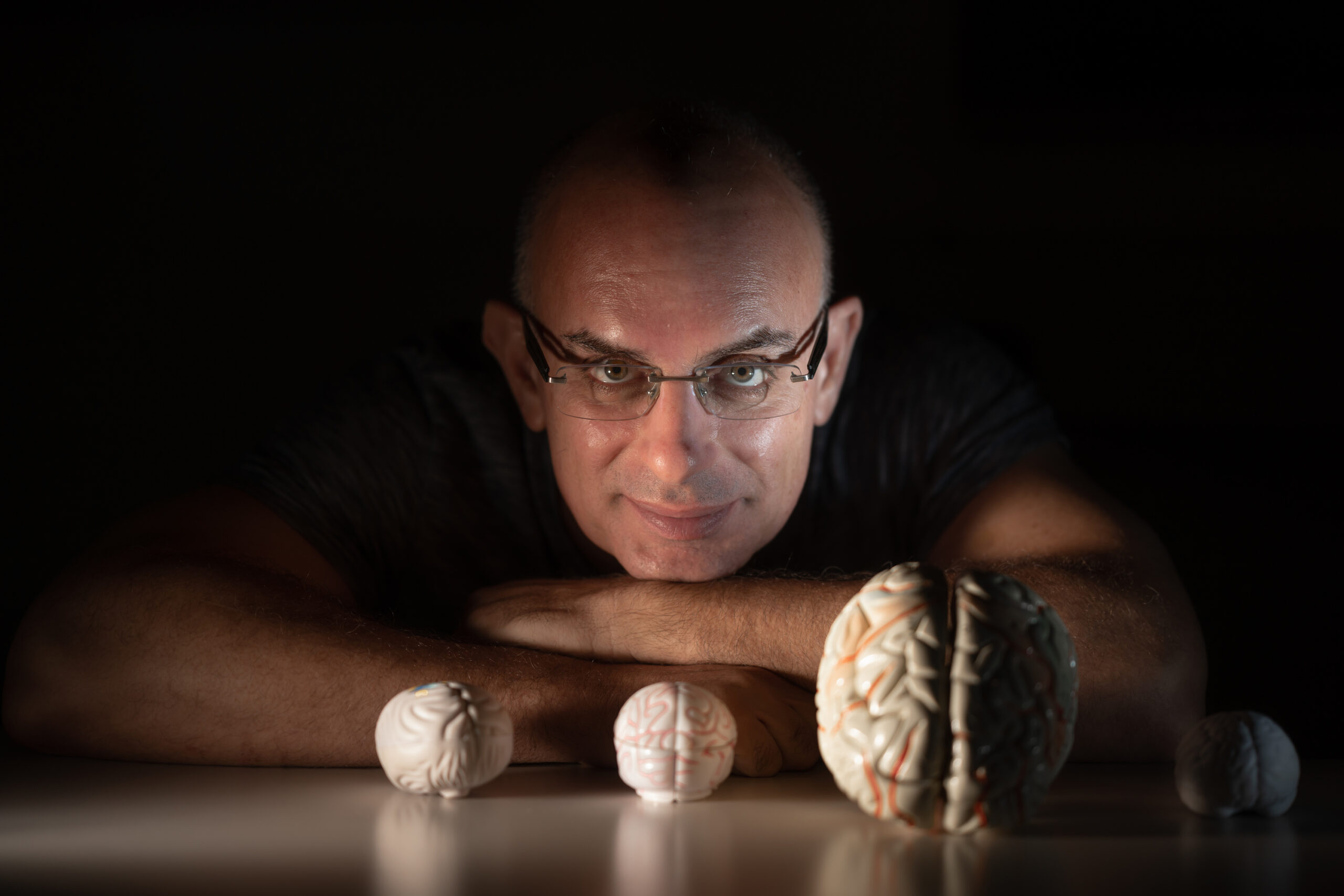Epilepsy is a neurological disorder in which brain activity becomes abnormal, causing seizures or periods of unusual behavior, sensations, and sometimes loss of awareness
And it can happen to anyone.
Epilepsy affects both males and females of all races, ethnic backgrounds and ages – some 65 million people around the world.
The symptoms of involuntary seizures can vary greatly, with some just staring blankly for a few seconds while others repeatedly twitch their arms or legs. Some children with epilepsy may outgrow the condition with age. The seizure may involve a part of the body (partial) or the entire body (generalized) and are often accompanied by loss of consciousness and control of bowel or bladder function.
Seizure episodes are a result of excessive electrical discharges in a group of brain cells.
Different parts of the brain can be the site of such discharges.
Seizures can vary from the briefest lapses of attention or muscle jerks to severe and prolonged convulsions. Seizures can also vary in frequency, from less than one per year to several per day
Treatment with medications or sometimes surgery can control seizures for most epileptics; some need lifelong treatment to control their seizures, but for others, the seizures eventually go away.

Computational Psychiatry Lab
Dept. of Brain and Cognitive Sciences
Now, Israeli researchers have developed a system that could predict that an epileptic seizure is about to occur. The wearable device, which functions using machine-learning algorithms for analyzing electro-encephalogram (EEG) signals, can predict upcoming seizures up to an hour prior to onset
Called NeuroHelp, the newly founded startup of researchers at Ben-Gurion University (BGU) of the Negev in Beersheba is iicensed and developing the technology. It is a portfolio company of Oazis accelerator, formed by the Yazamut360 entrepreneurship center of BGU.
The invention, called Epiness, is a first-of-its-kind device for detecting and predicting epileptic seizures based on proprietary machine-learning algorithms.
The wearable device can generate an advanced warning about an upcoming seizure that will be sent to a smartphone up to an hour prior to its onset. The system was out-licensed for further development and commercialization to NeuroHelp, a startup company that was recently founded by BGN Technologies, the technology transfer company of BGU and Dr. Oren Shriki of the university’s department of cognitive and brain sciences who is also NeuroHelp’s scientific founder.
As up to 30% of patients do not adequately respond to anti-epileptic drugs and live under constant fear of impending seizures, the central nervous system disorder is highly pervasive and at times debilitating. For such patients, a viable seizure prediction device could offer a substantial improvement in quality of life, enabling them to avoid seizure-related injuries. Current seizure alarm devices can detect a seizure in real time but are unable to provide advanced warnings of impending seizures.
Epiness is based on a ground-breaking combination of EEG-based monitoring of brain activity together with proprietary machine-learning algorithms. The device combines a wearable EEG device with state-of-the-art software that minimizes the number of necessary EEG electrodes and optimizes electrode placement on the scalp. The sophisticated machine-learning algorithms are designed to filter “noise” that is not related to brain activity, extract informative measures of the underlying brain dynamics, and distinguish between brain activity before an expected epileptic seizure and brain activity when a seizure is not expected to occur.
“Epileptic seizures expose epilepsy patients to various preventable hazards, including falls, burns and other injuries,” noted Shriki.
“Unfortunately, there are today no seizure-predicting devices that can alert patients and allow them to prepare for upcoming seizures. We are therefore very excited that the machine-learning algorithms that we developed enable accurate prediction of impending seizures up to one hour prior to their occurrence. Since we have also shown that our algorithms enable a significant reduction in the number of necessary EEG electrodes, the device we are developing is both accurate and user friendly. We are currently developing a prototype that will be assessed in clinical trials later this year.”
The new algorithm was developed and tested using EEG data from a large dataset of people with epilepsy that were monitored for several days prior to surgery.
The patient data were divided into short segments that were either preictal (pre-seizure) or inter-ictal. Several machine learning algorithms with differing complexities were trained on pre-allocated training data (comprising 80% of the initial EEG data), and their prediction performance as well as electrode-dependent performance was assessed on the remaining 20% of the data. The algorithm with the best prediction performance reached a 97% level of accuracy, with near optimal performance maintained (95%) even with relatively few electrodes.
Epilepsy that is not adequately controlled by medication is quite common amounting up to a third of epilepsy cases, and therefore, an accurate, easy to use seizure predicting device is a highly necessary unmet medical need, added Dr. Hadar Ron, chairperson of NeuroHelp. “Current seizure alert devices can detect seizures while they are happening, and most of them depend on changes in movement, such as muscle spasms or falls. Epiness is unique in that it can predict an upcoming seizure and allow the patients and their caretakers to take precautionary actions and prevent injuries. It is also the only device that is based on brain activity rather than muscle movements or heart rate. We are confident that Epiness will be a valuable tool in the management of drug-resistant epilepsy.”
Josh Peleg, CEO of BGN Technologies – BGU’s technology-transfer company – added that earlier this month, NeuroHelp won first prize in the SiliconNegev startup competition, an important recognition of the outstanding potential of this technology, which is based on a unique combination of brain research and artificial intelligence knowhow developed at Dr. Shriki’s lab,”



